Key Points
- Tuyet Bach, from Vietnam, says SBS helped her find a community after arriving in Australia in 1971.
- SBS was founded in 1975 and is celebrating 50 years of reflecting a diverse Australia.
- Listeners from various communities explain what the broadcaster means to them: 'SBS is our voice'
Tuyet Bach met and married her husband Steve Lowe (OAM) while he was an Australian soldier serving in the Vietnam War. She moved to Australia in 1971.
She then worked in an Ericsson telephone factory for 26 years as well as raised four children.
Tuyet said she found out about the SBS Vietnamese program, which started in 1977, from friends in the community and began to listen herself despite being very busy with raising children, home duties and working.
"A lot of my friends, they were (listening to) SBS radio and sometimes I asked them 'what happened today, what's the news?' And they let me know what (was) happening," Tuyet said.
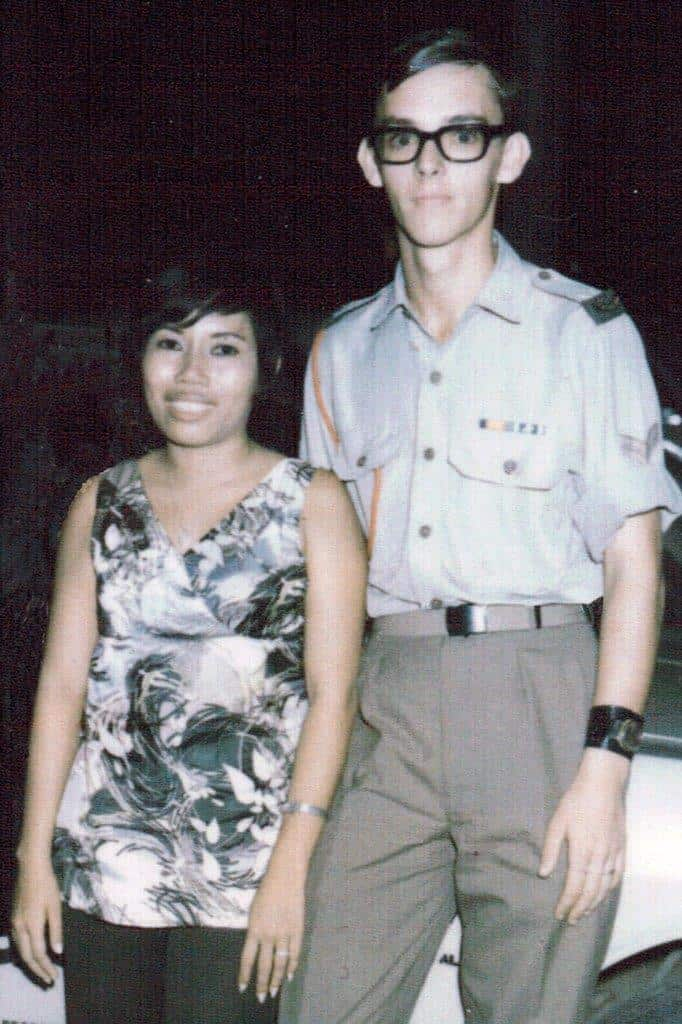
Nowadays the Melbourne-based couple are retired and enjoy spending time with their seven grandchildren and six great grandchildren.
But they look upon the Vietnamese-language program with fondness.
"I think the thing for Tuyet was to be able to listen to the news and to know about Vietnamese community events in her own language, (which) was a lot more informative than listening to the normal six o'clock news," Lowe said.
"Actually, in some cases, it was just having that connection out there that she knew other Vietnamese were watching or listening to because the circle of friends in the early days for Tuyet were really only other war brides."
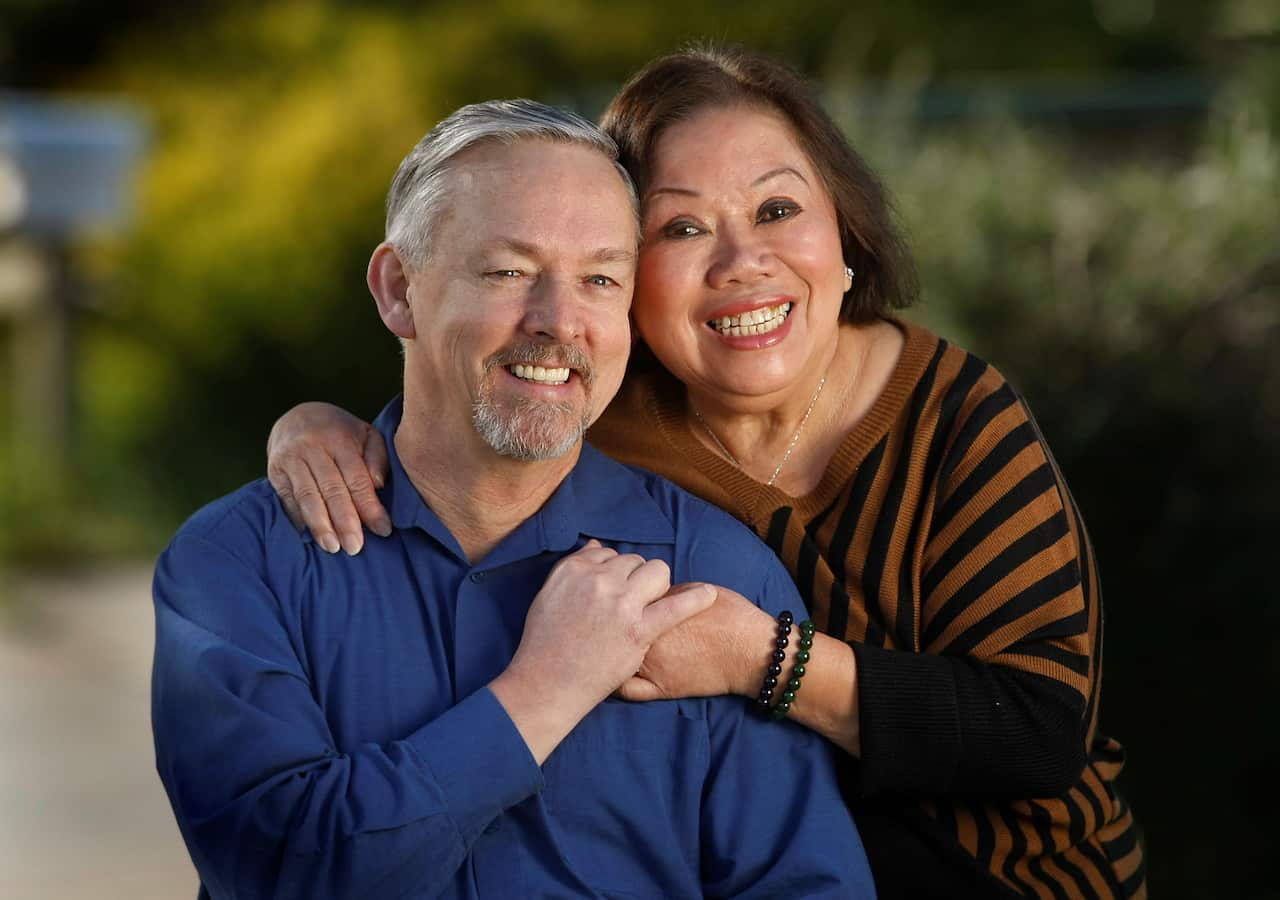
50 years of SBS
In 2025, the Special Broadcasting Service (SBS) celebrates 50 years of reflecting a diverse Australia.
SBS was founded in 1975 as two small multilingual radio stations, 2EA and 3EA, broadcasting in seven and eight languages respectively, with the purpose of providing migrant communities with information about changes to the country’s health system.
Today, SBS provides news, information and entertainment in more than 60 languages across its network.
For many new migrants, like Sami Sheebo, SBS has helped them settle and successfully navigate life in Australia.
Sheebo, an employment coach based in Coffs Harbour, said he started listening to SBS Kurdish as soon as he arrived as a refugee from Iraq in 2018.
"It was so useful and positive, highlighting the stories of survivors and people affected by war like me," Sheebo said.
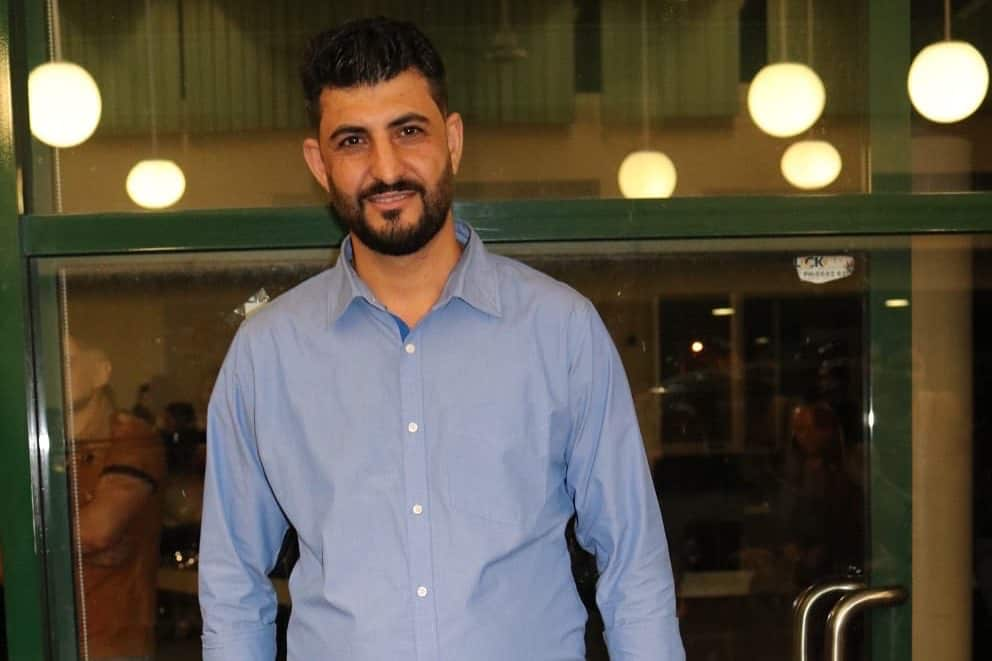
Sheebo, who works for NEXUS, an NDIS employment services provider, said he had found out about the SBS Kurdish program after seeing stories and posts on social media, mainly Facebook.
Radio as 'teacher'
When Sham Kumar migrated from Punjab, India, to Australia in 1992, little did he know that a humble three-band radio would become his closest companion in a new land.
Originally from Kapoor village in Jalandhar, Punjab, Kumar is a qualified civil engineer. After migrating to Australia, he worked as a technician at Fuji Film for 28 years before transitioning into a career in real estate.
Eager to stay connected with his roots, one of his first purchases upon arrival was that radio, through which he began searching tirelessly for any Punjabi or other Indian language programs.
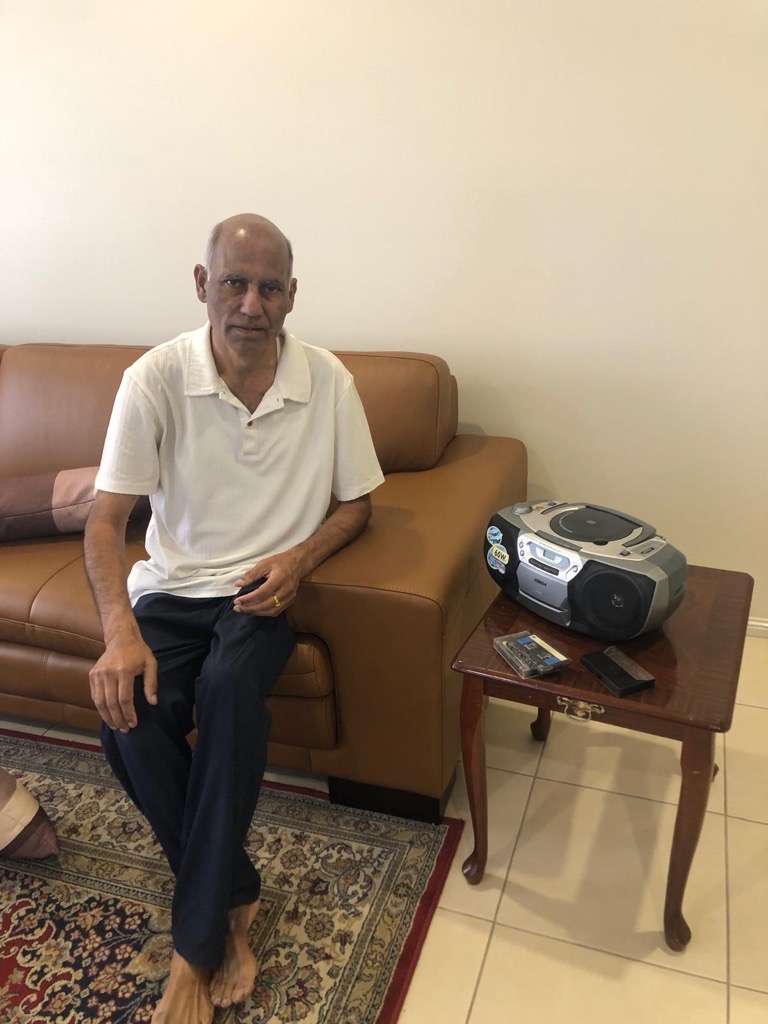
His search bore fruit in 1993 when he stumbled upon the first Punjabi program broadcast every Thursday. What began as a moment of connection soon turned into a lifelong ritual.
"It's more than a show — it's a bridge between cultures, generations, and stories," he said.
I learned a lot from the SBS Punjabi program. I consider it as my teacher that helped in refining my Punjabi.Sham Kumar
Kumar not only listened attentively to the broadcasts but also recorded them on cassette tapes, replaying them throughout the week.
These recordings became treasured archives, still played today as he fondly revisits the early days of SBS Punjabi.
'Captured my heart'
Esia Aslami a former professor of fine arts at Kabul University, has been living in Melbourne since 1991.
He said a friend told him about the SBS Dari program and he has been listening ever since.
"In 1991, when I came to Australia, I think it was in the second week that I was travelling in a car with one of my friends (who) told me about the SBS Dari radio program and turned on the radio right then, and I heard the program for the first time," he said.
"From that very day, the radio captured my heart, and I started following it. Even though I didn’t have a radio at home, I used to listen to it in the car."
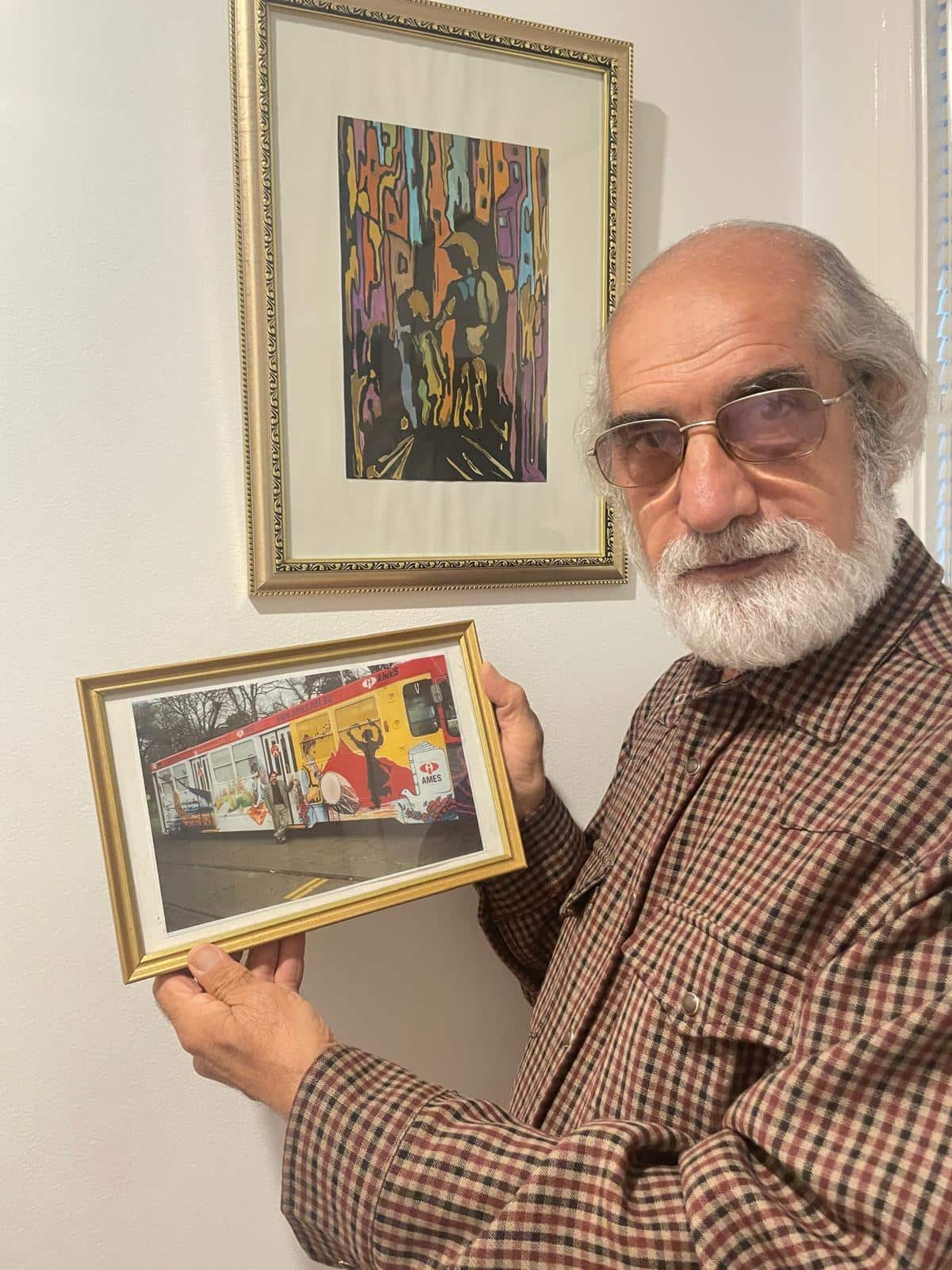
He said he eventually bought a radio and used to "wait eagerly" for the program every Friday.
"I also listened to SBS Dari because I had just arrived in Australia, I was unfamiliar with the new culture, and I didn’t know English well," he said.
"SBS Dari was the only source that delivered news and topics related to the Afghan community to us."
SBS is our voice; the voice of our language, the voice of our culture, and the voice of our homeland, Afghanistan, whose news reaches us.Esia Aslami
Visit the SBS50 hub celebrating all things SBS from across the decades.
